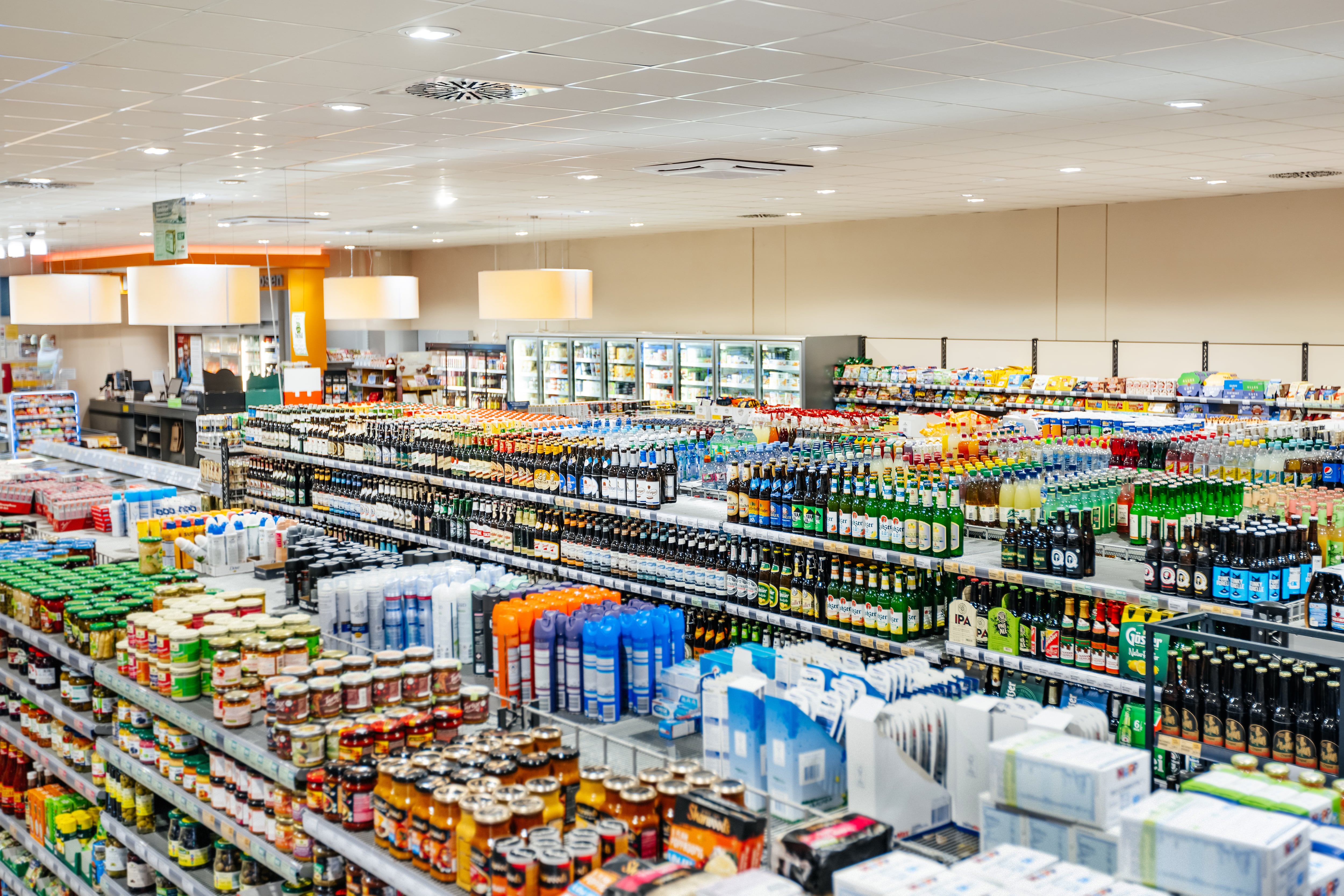Food firms must focus on packaging recyclability performance to meet sustainability requirements in APAC, EU – experts
Brands operating in the Asia Pacific (APAC) and European Union (EU) regions should aim to emphasise the reusability of their recyclable packaging in order to ensure they meet sustainability and regulatory requirements.
Each country has varied infrastructure abilities and different binding and aspirational targets. However, they all have the common goal of improving the recyclability performance of food and beverage packaging.
Recyclability performance is a measure of how much of a product’s material can be recycled at the end of its life cycle.
Recyclability is a central focus of the APAC region’s evolving Extended Producer Responsibility (EPR) regulations, as reflected in multiple draft policies and existing frameworks. Similarly, in Europe, the Packaging and Packaging Waste Regulation (PPWR) places strong emphasis on recyclability and the performance ratings of packaging materials, said Chen Huangyi, SIG sustainability manager for Asia Pacific South.
Money matters: Palm oil sector could lose millions of dollars in profits due to climate impact
The palm oil sector and agrifood industry could stand to lose millions of dollars in profits as a result of climate change, unless immediate changes are made.
This was the scenario offered up by expert environmental scenario modeller and Indonesia’s SMART Research Institute Sustainability Research Department Head Bram Hadiwijaya during the recent International Conference of Oil Palm and Environment (ICOPE) 2025.
“Based on a simple non-linear model, the prediction is that climate change will cause a net profit loss of US$8 to US$11 per hectare of oil palm plantation for very 1°C increase in temperature,” he told the floor.
“Considering there are millions of hectares of these plantations in markets like Malaysia, Indonesia and more, the profit loss is set to be in the millions of dollars as well – and we need to bear in mind that this prediction is only based on variations in temperature and rainfall, yet there are many other parameters that can come into play, so the real losses could be even greater.”
Re-crafting alcohol: Liviko eyes wider audience with upcycled beers, alcohol-free aperitifs
Estonian gin firm Liviko is looking to attract a wider consumer demographic in Asia with innovative products such as upcycled beers and spiced aperitifs.
Liviko is best known for its gin brand Crafter’s, which has a reputation in Asia for having one of the most aromatic floral blends as well as a unique pine forest variant.
As with all gins, Crafter’s is made from juniper berries, and instead of discarding these berries after distillation the firm has opted to create a range of beverages made from these leftover berries.
“This was partially because we realised that consumers all over the world, including one of our biggest markets APAC, are now seeking out brands that have a story behind them as well as just something extra to make them special,” Crafter’s Export Marketing Specialist Gloria Hallaste told FoodNavigator-Asia.
Tariffs and capital drought: A threat to APAC climate adaptation efforts?
Everyone knows we need to produce more food, with fewer resources. But how is Asia’s agri-food sector turning words into action, and what more urgently needs to be done?
This was key thread of the opening session at the Asia-Pacific Agri-food Innovation Summit in Singapore, with industry heavyweights from Olam Agri, Rabobank, Temasek, Thai Wah and the International Rice Research Institute (IRRI) having their say.
When it comes to a resilient agri-food supply chain, the panel highlighted concerns that current efforts to mitigate the impacts of climate change are not going far enough to ensure a secure and stable supply of produce.
Laurence Jassogne, Olam Agri’s vice president and head of nature and climate solutions, said she is concerned that the ‘adaptation gap’ in APAC is growing, and disproportionately affecting women and the poorest in the region.
Key to tackling this, she argued, is working hand in hand with farmers: “One of the main action points for us is to improve resilience by working with farmers on sustainable practices,” she said.
Silkworm protein: Post-exercise ‘consumption moments’ can normalise insect-based foods, says Kaiko
Kaiko, a Japanese silkworm protein brand, believes that linking the functional benefits of insect-based foods to familiar consumption moments can drive consumer acceptance and normalisation.
For Kaiko, key moments include post-exercise recovery and post-meal blood sugar management.
The firm produces protein powder from silkworms, which are naturally low in fat, rich in protein, and contain all essential amino acids – nutrients the human body cannot produce on its own.
Silkworms consume a unique diet of mulberry leaves, which, according to Kaiko’s research, imparts key nutrients such as 1-deoxynojirimycin (DNJ) and silk protein. DNJ helps regulate post-meal blood sugar levels, while silk protein supports gut health. In addition, silkworms provide dietary fibre, B vitamins, zinc, and folic acid—nutrients that contribute to overall well-being.
Kaiko is leveraging these health benefits to shift the narrative around insect-based foods. Rather than positioning them solely as “alternative proteins” – a framing that often meets resistance – the company is presenting them as functional ingredients with tangible health benefits.





